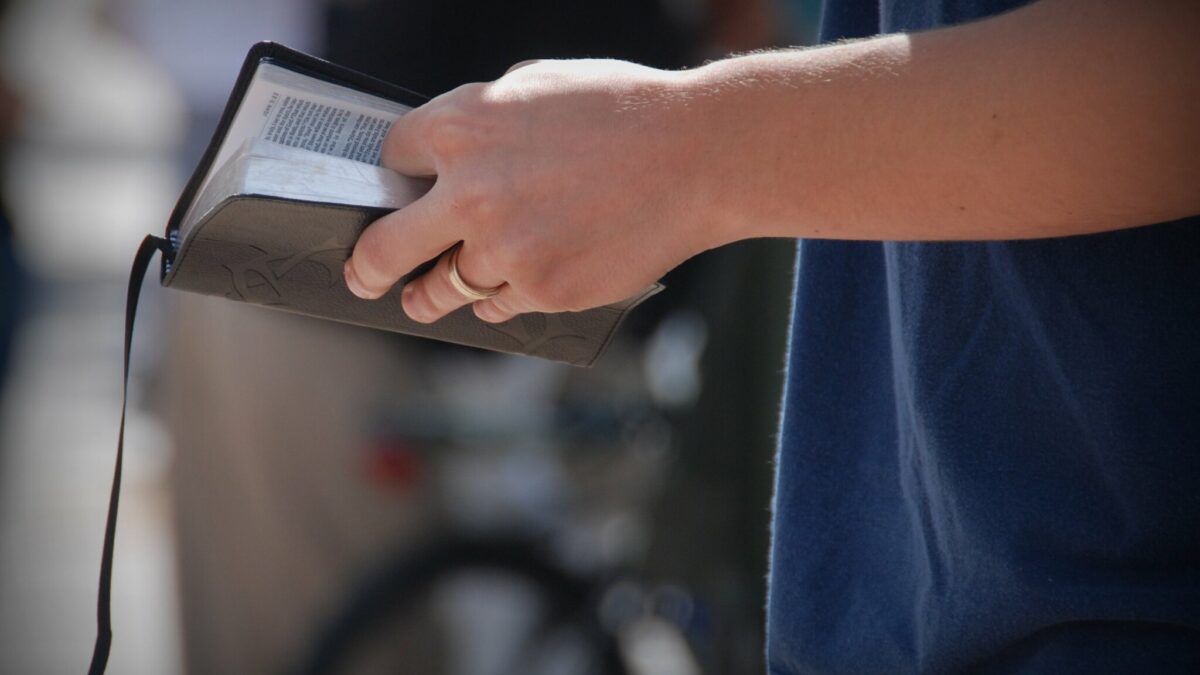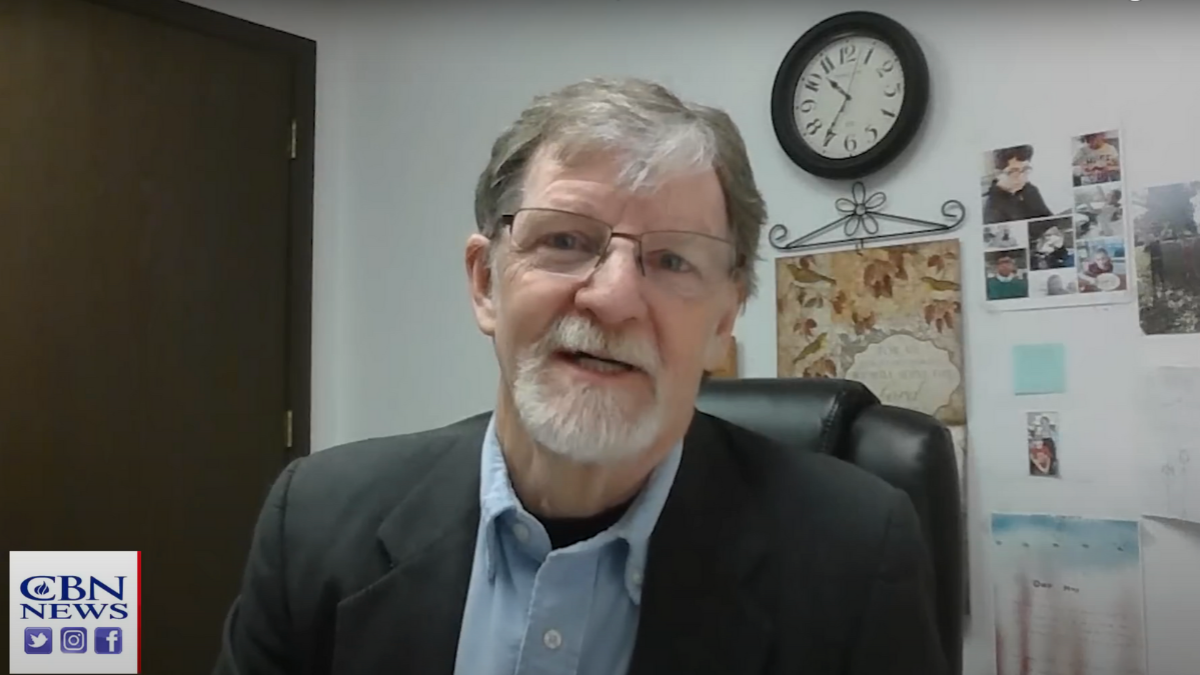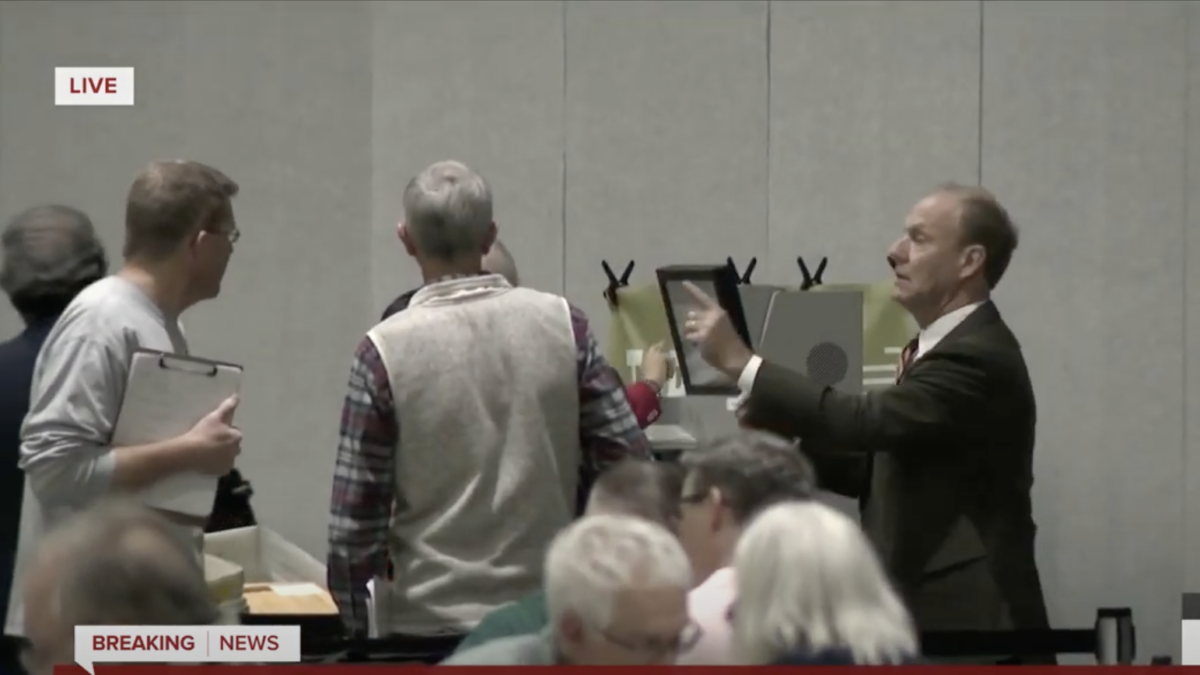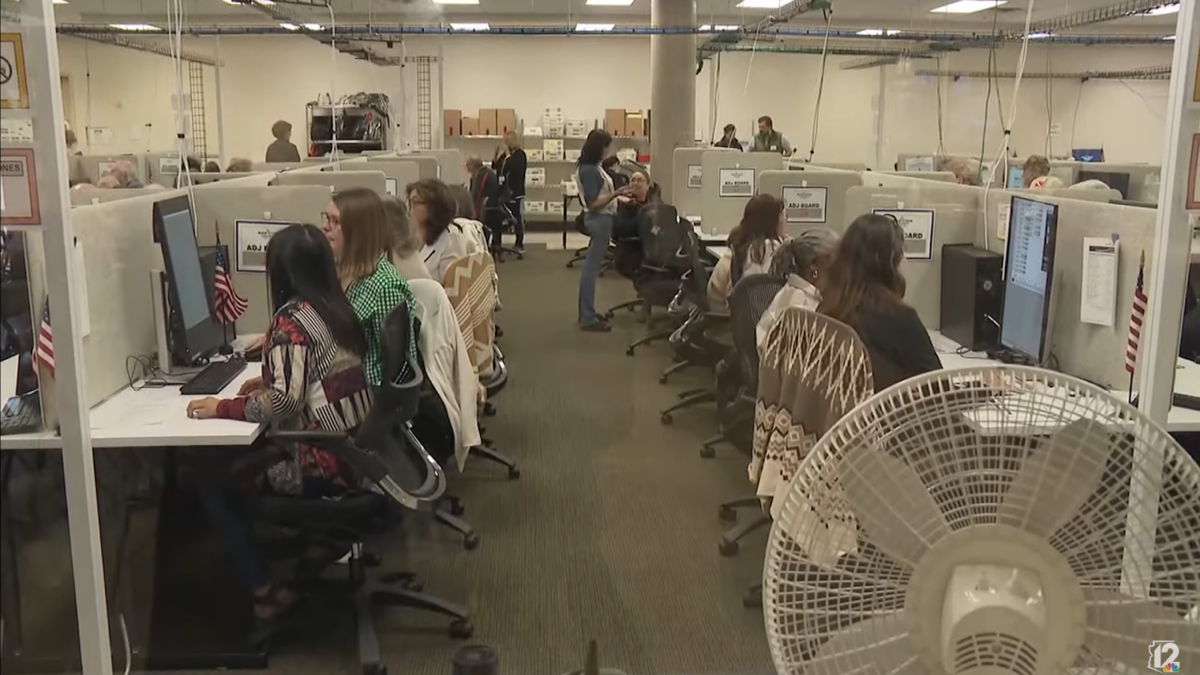
St. Augustine called it cruel optimism: our desire to comfort ourselves with silver-lined happy thoughts about life. Francis Spufford had an excellent description of it in his book, “Unapologetic.” A few years ago, atheist organizations in the United Kingdom ran a bus advertisement campaign. The atheist bus read: “There is probably no God. Now stop worrying and enjoy your life.”
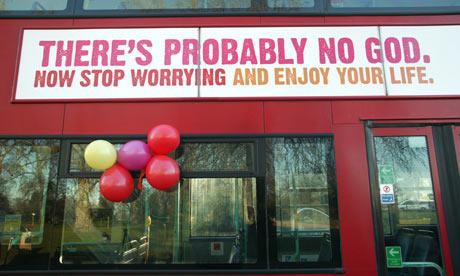 Spufford took issue not with the notion there is probably no God—even they were fudging—but with the admonition to “enjoy your life.” From a Guardian article adapted from the introduction of the book:
Spufford took issue not with the notion there is probably no God—even they were fudging—but with the admonition to “enjoy your life.” From a Guardian article adapted from the introduction of the book:
I’m sorry – enjoy your life? I’m not making some kind of neo-puritan objection to enjoyment. Enjoyment is lovely. Enjoyment is great. The more enjoyment the better. But enjoyment is one emotion. To say that life is to be enjoyed (just enjoyed) is like saying that mountains should only have summits, or that all colours should be purple, or that all plays should be by Shakespeare. This really is a bizarre category error.
But not necessarily an innocent one. Not necessarily a piece of fluffy pretending that does no harm. The implication of the bus slogan is that enjoyment would be your natural state if you weren’t being ‘worried’ by us believers and our hellfire preaching. Take away the malignant threat of God-talk, and you would revert to continuous pleasure, under cloudless skies. What’s so wrong with this, apart from it being total bollocks?
…[S]uppose, as the atheist bus goes by, you are poverty stricken, or desperate for a job, or a drug addict, or social services have just taken away your child. The bus tells you that there’s probably no God so you should stop worrying and enjoy your life, and now the slogan is not just bitterly inappropriate in mood. What it means, if it’s true, is that anyone who isn’t enjoying themselves is entirely on their own. …It amounts to a denial of hope or consolation on any but the most chirpy, squeaky, bubble-gummy reading of the human situation. St Augustine called this kind of thing ‘cruel optimism’ 1,500 years ago, and it’s still cruel.
This all came to mind when I read Matt Walsh’s post on Robin William’s suicide and saw the aftermath of that post. Mental health professionals shared his concern, that by suggesting Williams is now free and at peace we are sending the wrong message to those tempted by suicide today. If we think about it for a second, it makes sense. Those souls sitting in the loneliness and the dark are there because they are looking for inner peace but haven’t found it in the world. In our desire to comfort ourselves about those who have succumbed before, we talk about a soul now at peace. Our happy thought is only happy for the typical people enjoying their lives. To those who suffer from depression right now, it offers a glimmer of hope in death by their own hand. It tempts the afflicted.
One not need take my word for it, or Matt Walsh’s. Glennon Mellon of Momastery and her many readers who also suffer from depression gave us a window into the mind of mental illness in her post on William’s suicide and the comments. These women wrote of relief, jealousy, envy, and fear. In a very perceptive comment (thread 57) Glennon’s reader said Glennon was safer from the monster because she feared it. In the dark, fear is the healthier reaction.
Leaving the Burdened Alone
Walsh’s post wasn’t wrong. It was uncomfortably perceptive. I see two exposed nerves that Walsh touched. One, I gather that some Christians have told the mentally ill that they need nothing but God to fix their head. I’d guess these people used some variation of “God doesn’t give us more than we can handle.” This is textbook cruel optimism. Life gives us more than we can handle on a regular basis. We have to look to God to have the strength and stamina to cope. By telling them they can handle their illness because God thinks they are so strong that he made them this way when their experience tells them they can’t handle it—what else can they take from this but that God made a mistake and they are on their own?
To defend themselves from this abandonment, they focus on the biological aspect of mental illness. Walsh wondered:
I can understand atheists who insist that depression must only be a disease of the brain, as they believe that our entire being is contained by, and comprised of, our physical bodies. But I don’t understand how theists, who acknowledge the existence of the soul, think they can draw some clear line of distinction between the body and the soul, and declare unequivocally that depression is rooted in one but not the other. This is a radically materialist view now shared by millions of spiritualist people.
Well, those of little burdens want to believe, and can, that God sweeps all of our troubles away. For them, mental illness is all spiritual. That happy thought leaves those with heavy burdens, which don’t sweep away so easily, alone with their lot. For them, mental illness is all biological. From their point of view it has to be. That’s the only weapon they think they’ve got. Glennon’s post illustrates this, too. She ended up taking it down from her blog (the link now goes to the Facebook version) because she couldn’t take any more criticism over her telling depressives to “take your goddamn meds!”
The other exposed nerve he touched links to our need to comfort ourselves with the notion that everything works out in the end. Robin Williams might have left us, but now he is free. Walsh decried our happy thought of peace in death.
We want to say nice things, I realize, but it isn’t nice to lie about suicide.
It is not freeing. In suicide you obliterate yourself and shackle your loved ones with guilt and grief. There is no freedom in it. There is no peace. How can I free myself by attempting to annihilate myself? How can I free something by destroying it? Chesterton said, “The man who kills a man, kills a man. The man who kills himself, kills all men; as far as he is concerned he wipes out the world.” Where is the freedom in that?
I understand the inclination to be positive, but there is nothing positive to say about it.
His words will not comfort those left behind, true. But does the need for comfort to those left behind trump the needs of those currently temped to commit suicide? How is it okay to jeopardize them to make those left behind by another feel better? Who is in more danger, more need? And who, if we fail again, will create a whole new circle of the left behind?
Logically, whether we compare feelings to life or we do the math of saving a life and not adding to the ranks of the bereft, we should protect those contemplating suicide. We should level with ourselves and those who suffer among us that suicide doesn’t offer peace. Doctrinally, this also happens to be the Christian position. It is one of many examples of Christian belief that sounds harsh but is actually merciful. It knows who to protect.
Grace Is Here for You
The happy modern Christian idea is that peace is available to all through God’s grace. It doesn’t matter what we do, grace intercedes. It is true. Grace is available to all. It is offered freely…with only one small requirement. We have to accept it. And the disconcerting truth about suicide is that it rejects grace.
C.S. Lewis explained this one well. There are two ways we completely cut ourselves off from seeking God, and Screwtape, his soul-stealing mentor daemon of “The Screwtape Letters,” wins outright. The first is pride, when we think we are so good we do not need God. The other is despair, when we think we are so bad that despite his offer of grace, even He can’t save us. In all of the other sins, we are still inclined to look to God, sluggishly perhaps, to cope with the realities of our lives. But in pride or despair, we no longer seek God.
She told them they were stronger than the monster. That is her experience, that she is stronger than the monster. But she didn’t tell them why. She is stronger because she is not alone in the dark, and I don’t mean just her family, friends, and fellow afflicted. As we’ve learned from Williams’ suicide, the dark is inside where real people can’t always reach. I mean the divine spark inside her that tells her to fear the monster’s words. That’s what gives her the courage to wait out her monster, no matter how long he whispers in her ear.
Suicide is the triumph of despair and ultimate rejection of grace. By it one says, “It doesn’t matter what You say, I am so worthless that Your grace can’t comfort me. Your grace is insufficient or You are a liar. I refuse Your offer and end the life You have given to me.”
Walsh is right. The cloud is “infinitely dark, and there is no silver lining around it.” The “peace” in suicide is oblivion.


